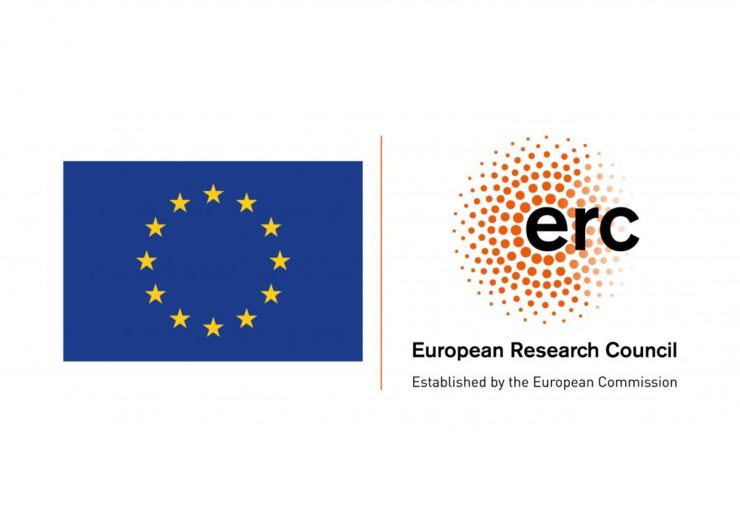Agenda
Seminar with Daniele Salerno: Where do protesters go in winter? The afterlives of masses
How do masses of protesters form, appear, assume a political identity, dissolve and return? The presentation will deal with this question by focusing on the narrative and semiotic status of ‘the mass.’ Masses involved in protest represent a particular narrative and morphological configuration, the result of transformative processes that allow them to appear, acquire significance, dissolve, persist in memory and re-emerge in later gatherings.
Analysing the affects that bring people together in the same (real, symbolical or virtual) place as well as their modes of appearance and of making sense, the presentation will examine how cultural memory drives the affective, aesthetic, and political constitution of the mass as a (political) collective actor. Methodologically, this implies a shift in focus from a sociological to a more semiotic and narratological perspective: from the study of mass protest per se to the study of the transformative processes that allow a mass of protest to appear as such in (and through) different contexts, media and even semiotic substances (not limited to the visual).
Focusing in particular on mass gatherings in France in 2015 and 2016, the presentation will draw on the concepts of narrativity and semiosis. The former will allow us to ground the analysis of mass transformations on formal features (actant and actorial roles, narrative and discursive levels). The latter will allow us to focus on the processes of representation, re-interpretation and circulation of mass gatherings as conditions for their later re-emergence.
Daniele Salerno is Marie Skłodowska-Curie Global Fellow (2019-2022), working on the project “Cultural Memory in LGBT Activism for Rights” (MEMORIGHTS) with Prof Dr Ann Rigney and with the ERC research group “Remembering Hope: The Cultural Memory of Protest in Europe” (REACT).
Daniele holds a PhD in Semiotic Studies from University of Bologna and the Italian Institute of Human Sciences. He had been a post-doctoral research fellow at the “Umberto Eco” International Center for Advanced Studies in the Humanities and at the Department of Philosophy and Communication at University of Bologna.
This seminar is organized in the context of the ERC-funded research project Remembering Activism (ReACT).
Contact: Prof. Dr. Ann Rigney (a.rigney@uu.nl)


